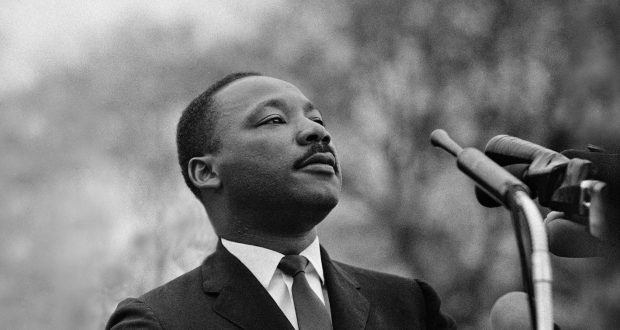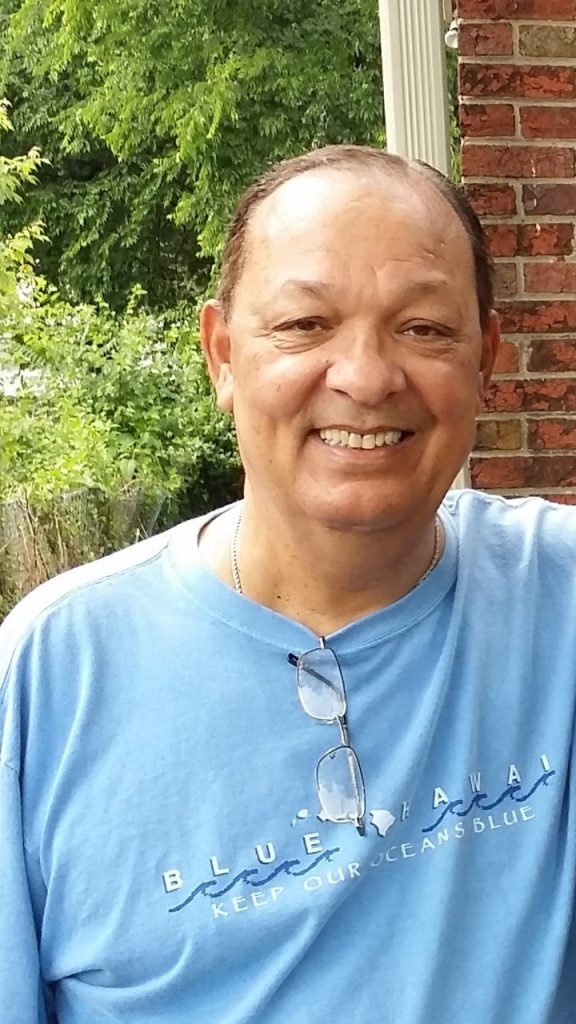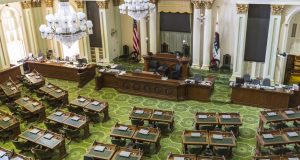By Tony Grant
Was he the right man at the right time with the right message for America? I believe he was!
He was a man who inspired people the world over with the simplicity and profundity of his message of equal rights for all. He taught that the most immediate way to achieve this was through nonviolent civil disobedience. It was a technique perfected by the great Indian leader, Mahatma Gandhi.
For nearly two hundred years (1757-1947) India was Great Britain’s money-making machine, cash cow and goose that laid the golden egg. She derived millions of dollars yearly from her management of the country and was able to finance several of her colonial wars against other underdeveloped countries.
Utsa Patnaik, renowned, Indian economist, has stated that every year during her imperial rule, the British government siphoned off more than 25-35 percent of the Indian government’s budget which was close to $45 trillion in today’s money. The writer Paul Scott wrote a novel entitled “The Jewel in the Crown “ , noting just how important economically India was to the British empire.
It was just a few years before the rise of MLK that Mahatma Gandhi, performed one of the great political acts in history by extricating India from the clutches of Great Britain. This was done without firing a shot. It was achieved primarily through the action of nonviolent civil disobedience. This was a feat so monumental it could only be compared to the Exodus, where Moses broke the will of Ramses II and led the Israelites out of bondage from Egypt and into the arms of the promised land.
Because MLK believed and preached that all people should have equal rights, he lived most of his adult life with an assassin’s target on his back and the backs of his wife and four little children.
On December the 10, 1964, Martin Luther King was awarded the Nobel Prize for Peace because of his nonviolent protest against bigotry and Jim Crow laws in America. MLK was more than an American civil rights leader; he was a leader for minority people everywhere who felt disenfranchised or oppressed by the greater body of their fellows and governments. Moreover, in every way, he was a man of the people. He marched on the streets with them, was beaten on the streets with them and was arrested and jailed with them.
In fact, he was jailed more than thirty times for civil disobedience with them. His home had been bombed and his congregation repeatedly threatened; yet, he marched on. Amidst the chaos of a typical march, he could be seen arm in arm with his fellow marchers demanding equal rights to vote, an end to a unjust war and that garbage collectors be paid a livable wage. His moral compass always pointed towards the rights of the oppressed, the down trodden and other forgotten citizens in our society.
MLK was a great American patriot because he believed in the promise of the American dream.
This is a concept shared by people the world over who would love to come to America and live the dream. But the American dream is just that, a concept, a great ideal not shared by all Americans. MLK emerged into the American consciousness in the mid 50’s and, until his assassination in 1968, preached that African-Americans and other American minority groups should be invited to the table of plenty to enjoy full participation in the dream. After all, they did participate in making the dream a material reality.
Was MLK the right man at the right time for the job? Doing the 13 years of his civil rights ministry to America, arguably, African-Americans made more progress in civil rights than in the previous 350 years combined.
As the world stood by and watched in wonder, MLK, through skillful political negotiations, organizational genius, eloquent oratorical skills, and soaring rhetoric made his messages palatable to a resistant majority. In one of his speeches, MLK reminded us: “We shall overcome because the arc of the moral universe is long but it bends toward justice.”
He was indisputably the right man, with the right message, at the right time!
 Westside Story Newspaper – Online The News of The Empire – Sharing the Quest for Excellence
Westside Story Newspaper – Online The News of The Empire – Sharing the Quest for Excellence





